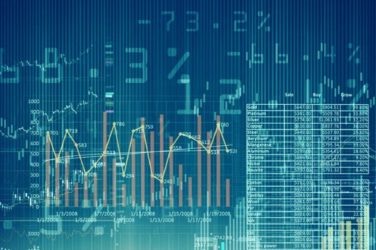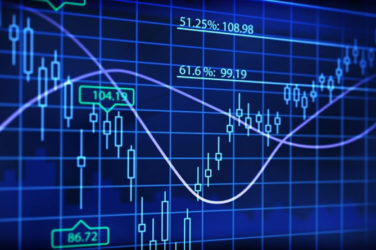
Consultancy McKinsey has predicted that in a decade some banks will have trading teams using the next generation of algorithms who operate without any voice contact with investors and deal in crypto-currencies.
In a report, “Two Routes to Digital Success in Capital Markets” McKinsey said various asset classes will continue to become more electronic and new venues will be created to transact in products which not traditionally been electronically available from investment banks.
Electronic trading now accounts for 90% or more of spot G10 foreign exchange transactions and equity trades and is increasingly common in liquid rates and credit. Interest rate swaps, equity derivatives and emerging markets foreign exchange pairs among the asset classes that are expected to become increasingly electronic. McKinsey said: “All banks will need to invest in these areas to defend the volumes that will move.”
As trading becomes more electronic, banks will have to serve clients in ways that are fundamentally different from the current voice business model.
McKinsey expects new venues to transact in products not traditionally available electronically from investment banks. “Examples include markets for the online trading of private company shares, platforms for corporate bond auctions, or even consumer finance products offered by banks,” said the report.
In addition electronic market-making and algorithmic trading will continue to replace traditional market-making and decrease margins. Banks and third parties have also invested in analytics and structuring tools, for example to build structured equity products that allow clients and salespeople to electronically access capabilities previously provided by structurers, strategists and quants.
The consultancy said these innovations will either completely disintermediate banks or open up competition to non-bank players. McKinsey expects all-in banks to drive much of this disruption themselves either organically or by acquisition. In contrast, targeted players will actively monitor developments but avoid big bets unless their client franchises are directly threatened.
All-in banks are the few firms with a strong position in electronic trading and a track record of technology delivery who will actively push the automation of the front-office and reduce the need for voice staff. “These banks will fully embrace digital technologies across the value chain and fundamentally change their business models,” said McKinsey. “They will be able to achieve 30%-plus growth in selected digital businesses, even in low-growth environments.”
Targeted banks will limit their digital investments to protect client franchises and cut operating costs. “They will avoid big bets on unproven technologies and market structure,” said the report. “In many cases, they will realize that for them technology is not a competitive advantage and will outsource heavily.”
Banks are also reducing servicing and operations costs by investing in end-to-end automation in-house or through outsourcing. Vanilla flow products such as G10 currency pairs and highly liquid stocks have 98% straight-through-processing rates and these trades are up to 260 times cheaper than those requiring manual processing.
One bank achieved a roughly 40% improvement in productivity after redesigning derivative settlements by introducing an app to automatically resolve some breaks according to pre-defined rules.
Another bank introduced a client ‘onboarding’ hub as the single point of contact for customers using paperless documentation and pre-loaded data. Onboarding times were reduced by more than 95%, required data points fell by more than 85% and the number of bank-client interactions cut from more than 25 to three.
Blockchain, or distributed ledger technology, also has the potential significantly reduce clearing and settlement costs and allow real-time auditing. “Innovators in the distributed ledger space can be seen as partners to banks,” said McKinsey. “However, they do not threaten outright disintermediation of banks or radically alter economics.”
Featured image by P /Dollar Photo Club





